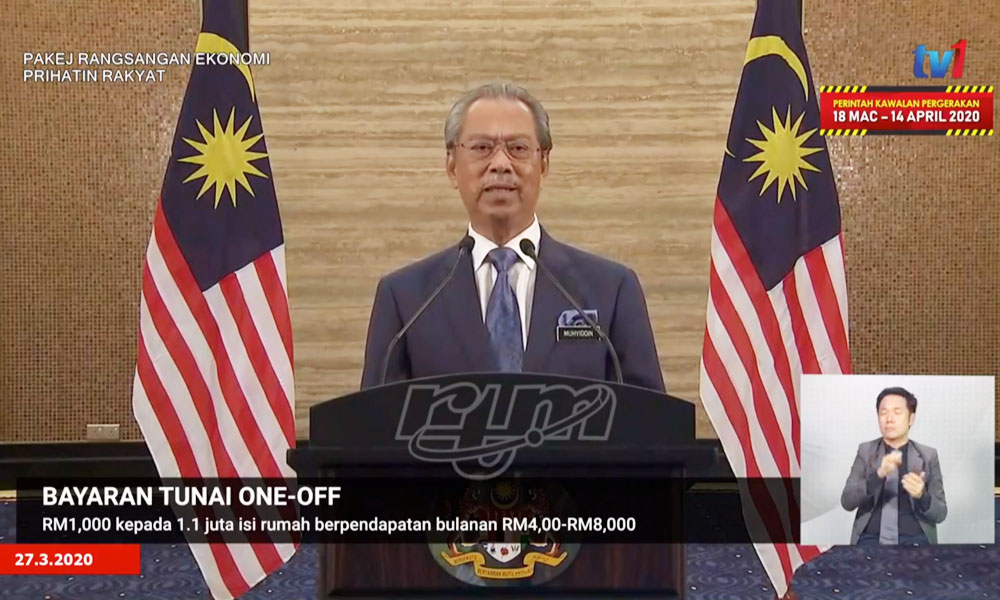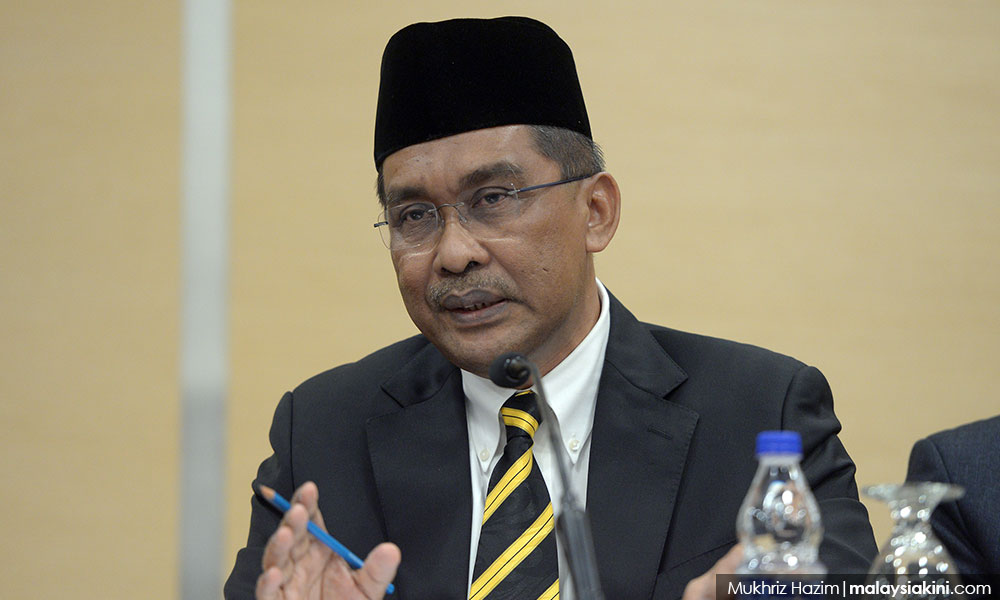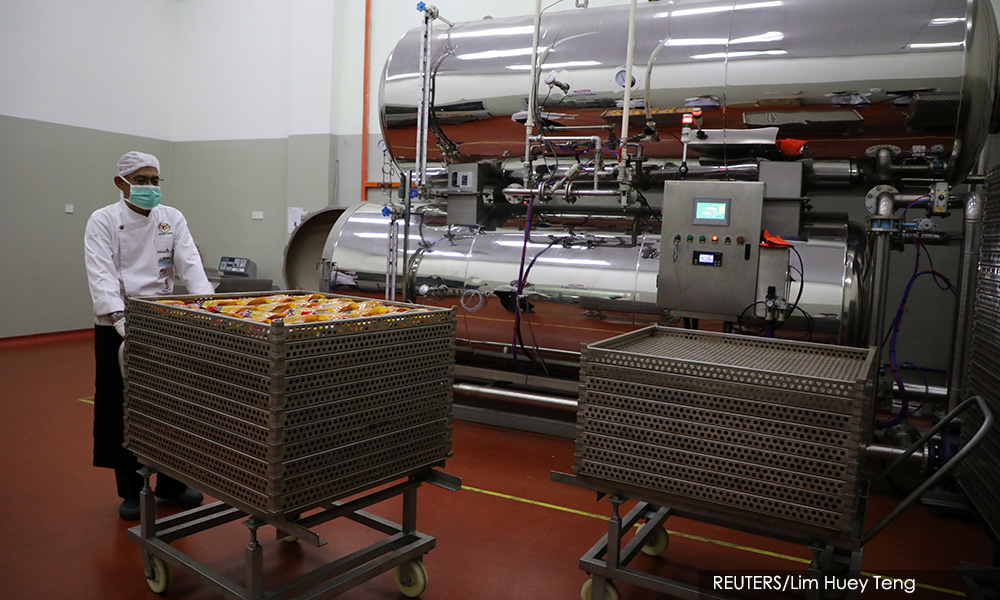COMMENT| In these extraordinary times, we are seeing a global shift in human behaviour caused by the Novel Coronavirus (Covid-19).
One only needs to go through the reams of text written about social distancing, voluntary or otherwise, and how it as impacted on daily life.
The imperatives of how to deal with the health aspects of the present crisis has also been addressed constantly by experts.
My purpose in this essay is to consider the impact the current crisis has on democratic practice and how we may be able to mitigate its adverse effects.
In fact, I want to suggest that the principle and methodology of democratic practice is the very tool that would help us “flatten the curve” in a broad and comprehensive sense.
Why do I say this? Because, I would argue, bringing more people into the equation of solving the problems of the current pandemic rather than excluding them is the key to addressing our present existential crisis.
Writing as a Malaysian, I’m making a clarion call for much needed democratic action by the present government
A group of eminent individuals and activists, of which I was a part, urged for an emergency session on parliament to discuss the government’s purported “caring” RM250 billion economic stimulus package which was announced by Prime Minister Muhyiddin Yassin (below) on March 27.

This stimulus package, of which only 10 percent (RM25 billion) is a fiscal injection, has been announced without any consultations held whatsoever with all the relevant or representative groups affected by its implementation.
Going by standard practice, and based on Article 101 of the Malaysian Constitution, a supplementary expenditure of such a scale must be debated and passed by parliament unless the money is drawn from the National Contingencies Fund, which had only an allocation of RM2billion in the 2020 budget.
Aside from the legality of the issue, our group calling for the convening of parliament has stressed the following:
1. The current government under Muhyiddin Yassin was installed by the Yang Di-Pertuan Agong Sultan Abdullah Sultan Ahmad Shah on March 1 2020 after a political crisis, and is not one legitimately mandated by voters, who had chosen a different government on May 9 2018.
2. As such the current government has to demonstrate through a non-partisan consensus in parliament, or at the very least through the support of a majority of parliamentarians, that its plan for an economic stimulus package of such magnitude and importance is one acceptable by the voters’ representatives. Furthermore, there should be a full discussion on whether amendments to the stimulus package are necessary.
3. Thirdly, there is the question of transparency on the details of the plan. Since, as we know, the fiscal injection in the plan is only 10 percent, there is further clarification needed about this and, moreover, indication of where the sources of funding for the rest of the RM250 billion would come from.
4. The group has argued that holding an emergency session of parliament to clarify these matters is the only responsible way the government of the day can prove its accountability to citizens.

On March 31, the minister in charge of parliamentary affairs, Takiyuddin Hassan (above), dismissed the need for an emergency session of parliament arguing that it was not the right time to “play politics” and that the issue of transparency could be resolved at a later date.
This shocking response to our call has missed the point entirely as democratic practice is the very principle and methodology to follow in addressing the monumental crisis that we are facing.
The government cannot deny the right and the duty of its parliamentarians, legitimately elected by the people, to debate the package and to improve it where possible or reject whichever portions are thought to be ineffective.
Furthermore, the whole debate must be fully conveyed to the public who have the right to know fully all the implications of a plan as massive as this.
Indeed, some of the standard democratic procedures have already been obviated by the government by not having full consultations with all relevant groups before announcing the stimulus package.
This would have been highly pertinent to help the government understand how its various measures could be implemented effectively.
Let me take an example of why consultation should have been conducted in relation to small and medium enterprises (SMEs).

SMEs constitute 98.5 percent of the corporate sector and contribute to about 40 percent of Malaysia’s Gross Domestic Product (GDP).
Its spokespersons have just sounded alarms bells on the government’s plan. The SME Association contends that should the government not address their problems, at least 50 percent of such enterprises will have to shut down because of the crisis, leaving 4 million people unemployed.
A survey on SMEs has also shown that 30 percent have probably already exhausted their cash flow and another 37 percent will also have dried up coffers by the end of April.
In our much-troubled times, a government of the people must show the courage to engage democratically with its constituents.
In extraordinary times such as now, we all recognise the importance of social distancing but we must never forget for a moment that democracy should not be quarantined.
JOHAN SARAVANAMUTTU is a Professor Emeritus, Science University of Malaysia (USM)
The views expressed here are those of the author/contributor and do not necessarily represent the views of Malaysiakini.

